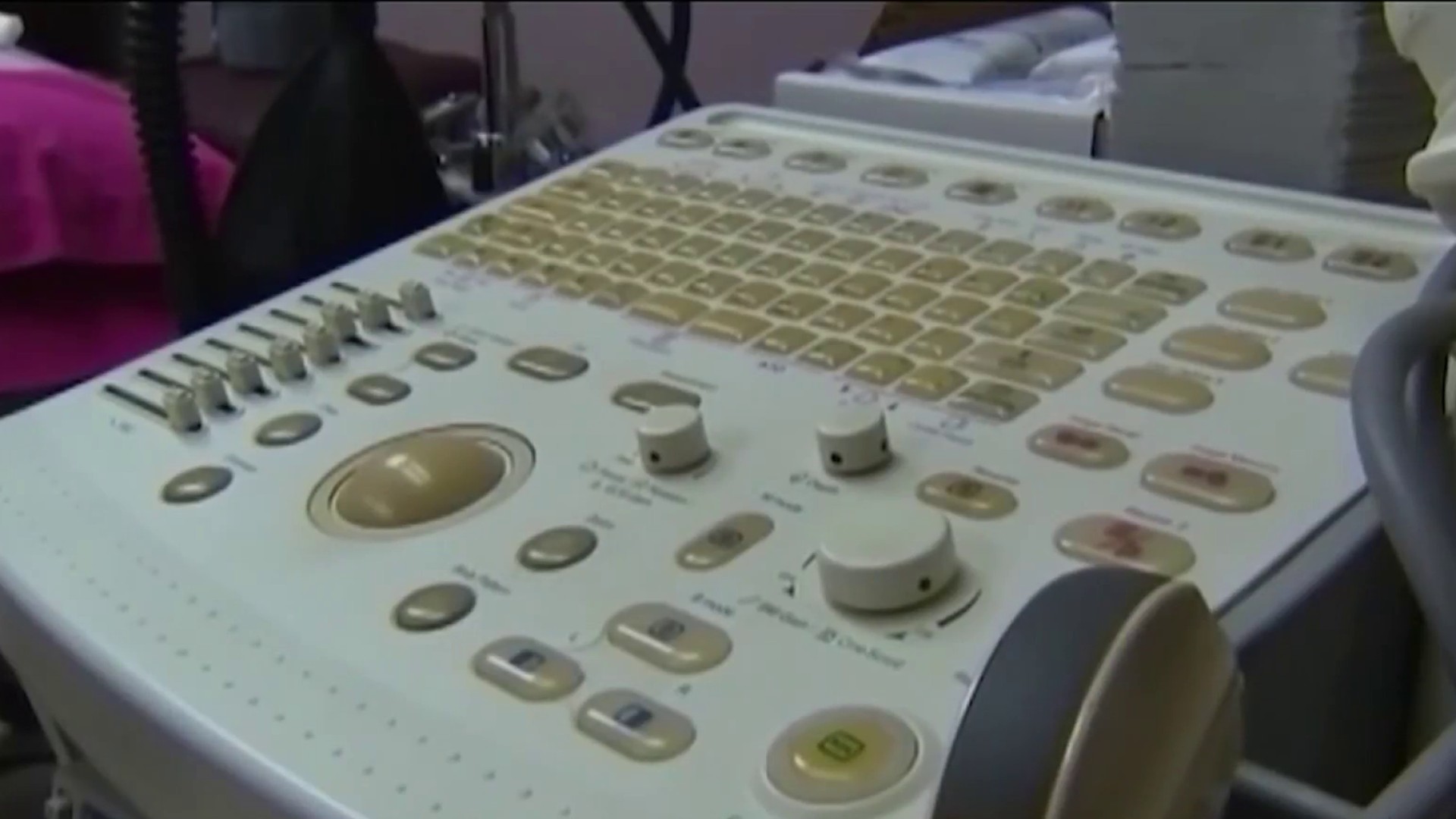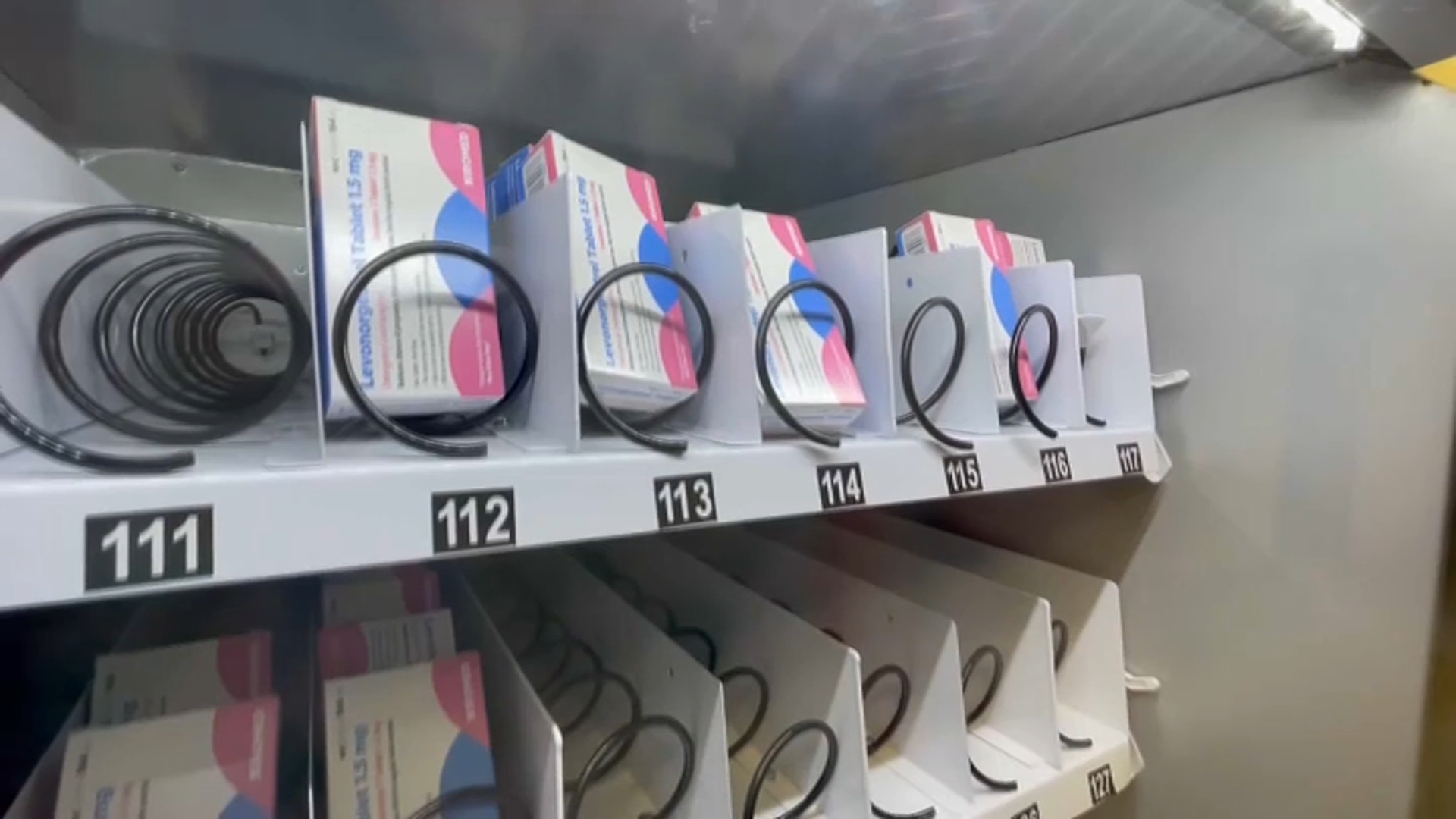Gov. Maura Healey signed an executive order Monday to protect access to abortion care in Massachusetts.
"Today is really about making clear that women's rights, the freedom of choice, the freedom of reproductive choice is not negotiable here in Massachusetts," said Healey during a press conference Monday. "We will protect it, we will defend it."
WATCH ANYTIME FOR FREE
>Stream NBC10 Boston news for free, 24/7, wherever you are. |
The executive order, Healey says, makes clear that women in Massachusetts will always have access to emergency life-saving healthcare, including abortion.
Get updates on what's happening in Boston to your inbox. Sign up for our >News Headlines newsletter.
Under the executive order, the state's Department of Public Health and the Division of Insurance have "made clear, through regulation and guidance, that insurers and providers in Massachusetts have and will continue to have an obligation to provide emergency abortion care."
The execution order also states that since the Dobbs decision, Massachusetts has and will continue to ensure protections for reproductive freedom and choice, according to Healey.
The executive action comes two years after the Supreme Court struck down Roe v. Wade, ending the legal right to abortion nationwide.
This is all part of Healey's push to proactively protect access to full medical care for woman, especially considering legislation restricting abortion access elsewhere.
"[The executive order] will show once again that Massachusetts is committed in leading the way forward," said Healey. "I think it's important as other states try to take us backwards and implement extreme abortion bans."
The governor's office is linking Monday's announcement to two cases that are currently before the U.S. Supreme Court: Idaho v. U.S. and Moyle v. U.S.
Both deal with Idaho's abortion ban in emergency cases.
And as Massachusetts works to strengthen its abortion access laws, in Iowa, the state Supreme Court there is expected to decide on June 28 on whether that state can enforce its so-called "fetal heartbeat" abortion law.
"We hope the Supreme Court does the right thing and protects access to emergency medical care, but we are not taking any chances," said Healey.
This also makes the two-year anniversary of the Dobbs decision, which effectively overturned the constitutional right to be able to access an abortion nationwide.
"It was a really bad decision. It was a really dark day for America," said Healey. "Two years later, across this country, 1 in 3 women live in states where there is an abortion ban in place. Over 20 states have laws that ban abortion, the majority of these states have no exception for rape or incest."
However, Healey says she won't allow that to happen in the Bay State.
"This is about standing up for freedom. This is about standing up for women," she said.
Since the Dobbs decision, Healey and her administration have worked on a series of efforts to protect that access in the state, as well as for women seeking emergency medical care from other, more restrictive states.
Last year, Healey requested that UMass and other healthcare providers stockpile mifepristone, a pill commonly used for an abortion.
She also signed an executive order confirming abortion protection under state law. And she launched a first-in-the-nation public education campaign on the dangers of anti-abortion centers that masquerade as medical facilities under the guise of being "crisis pregnancy centers" throughout the state.
"We want to be very clear here in Massachusetts that we will make sure that women in Massachusetts always will have access to life-saving emergency care, including abortion," said Healey Monday.




